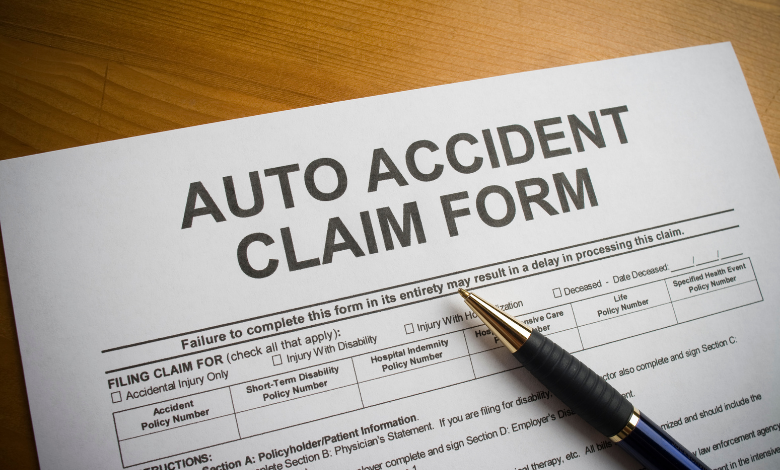What You Need to Know When Claiming For an Auto Accident

Auto accidents on the road happen, and they happen quite frequently. Being involved in an auto accident can be a terrifying experience, and it could be an experience that leaves you shook up for a very long time to come. If you have been in the unfortunate position of being involved in a collision or accident, then what should you be doing? and what should you know to ensure that your claim is successful?
The Details Matter
As part of a claim for compensation, you have to know what has happened and when. The more specific the information you provide, the better chance you have of getting a successful claim. Getting details and even getting eye-witness statements is crucial, and could be seen as essential when making a claim, so ensure that you get as much information as possible both at the time of the accident and shortly after the accident has occurred. Information will be shared between your lawyer, your insurers, and the other parties’ insurers, so ensure that all information shared and provided is accurate, true, and informative.
The Lawyer You Use Matters
Not all lawyers are equal, and not all are specialists. Getting an auto accident lawyer St Louis based is one of the best things that you can do. An auto accident lawyer will have the knowledge, skills, and expertise to handle your claim, both in a timely and efficient manner. When it comes to choosing the right lawyer for your claim, you have to look at their experience and their reputation. If they are highly experienced within the field of auto accident claims, then their reputation should be positive. Getting a lawyer with the specialist knowledge and experience you require for a claim is crucial and could ultimately be the difference between an OK settlement and a very good settlement.
Medical Care is Crucial
When you have been involved in an auto accident, you will have seen a medical professional at some point. Getting hold of your medical records and filing them with a claim for compensation is something that is crucial to do as early on as possible. If you have suffered an injury from an auto accident, then all of this needs documenting and presenting to your lawyer in a timely manner. Keeping logs or records of what care you sought out and received when recovering from an auto accident is important.
Patience is Important
Your lawyer has a lot on their hands; they are going back and forth between insurers and back and forth between each other. A simple claim or case can end up taking a lot longer than first anticipated, and this is why you must maintain a patient stance and approach. Trying to rush the system or even rush the process can be detrimental to your case and may leave others questioning your motives. So, take your time, be calm, and be focused on your claim. Do not try and rush what is happening and why, as you will only leave yourself feeling frustrated at stages of slow progress or even total lack of progress.




